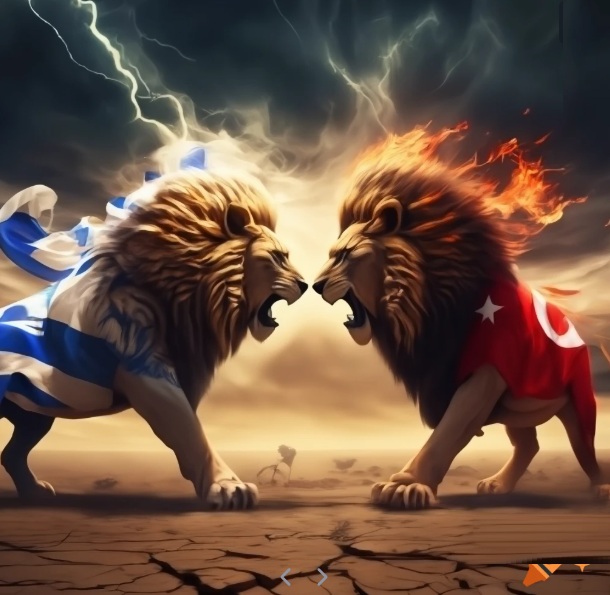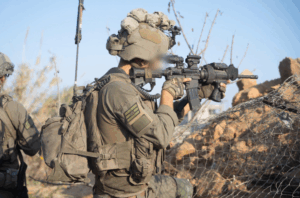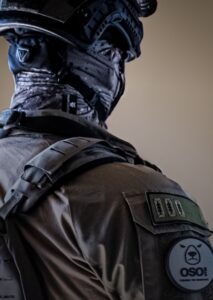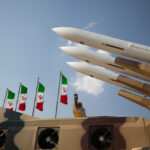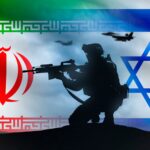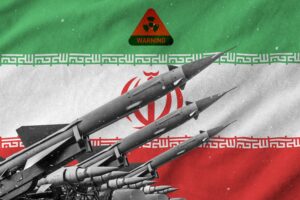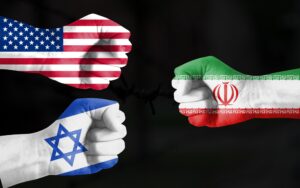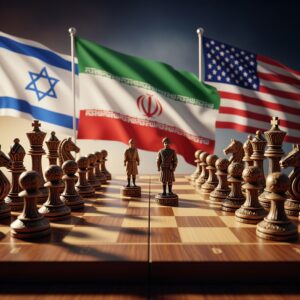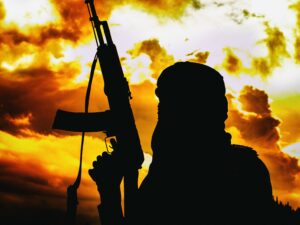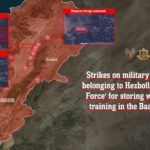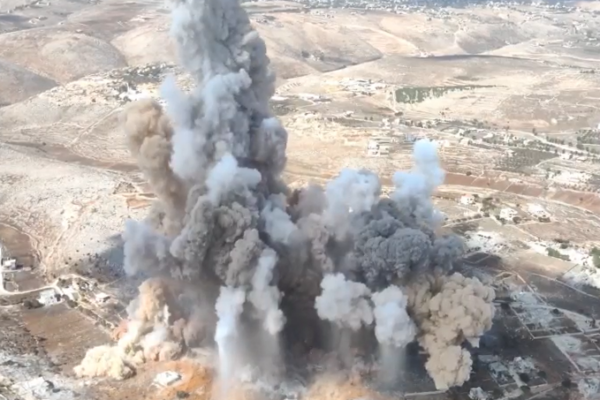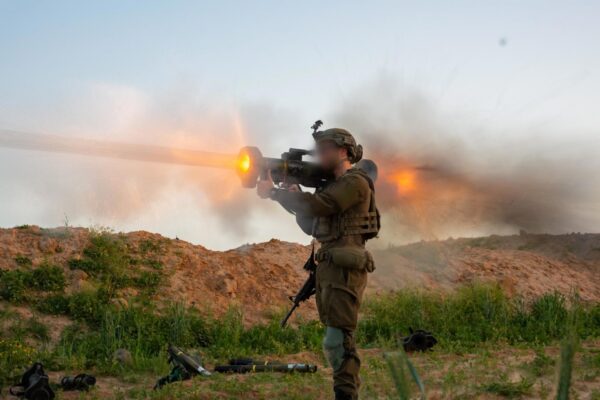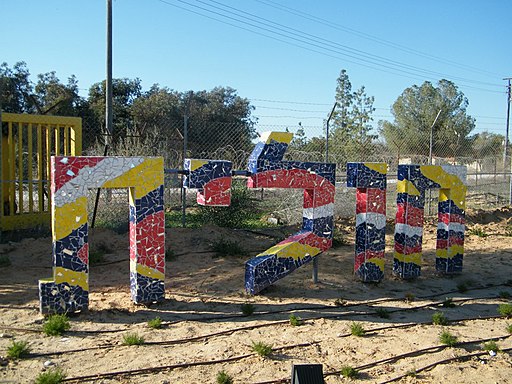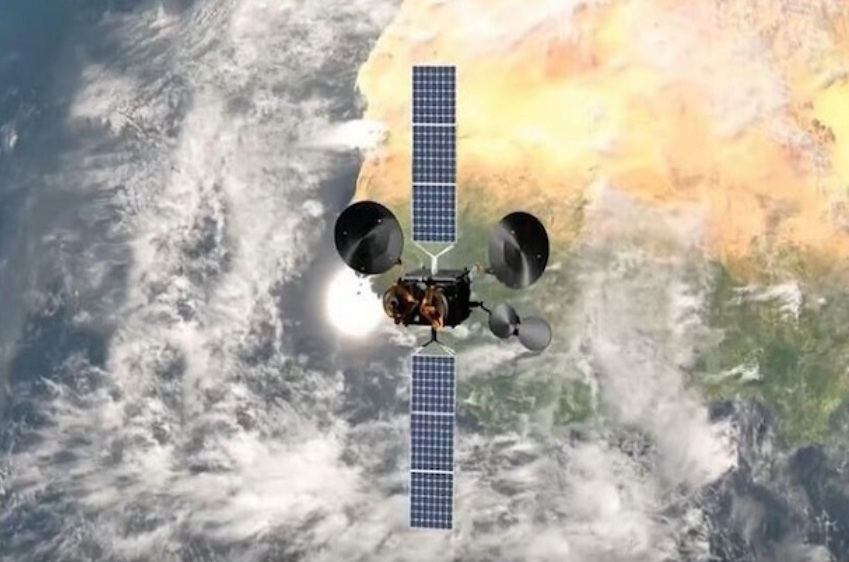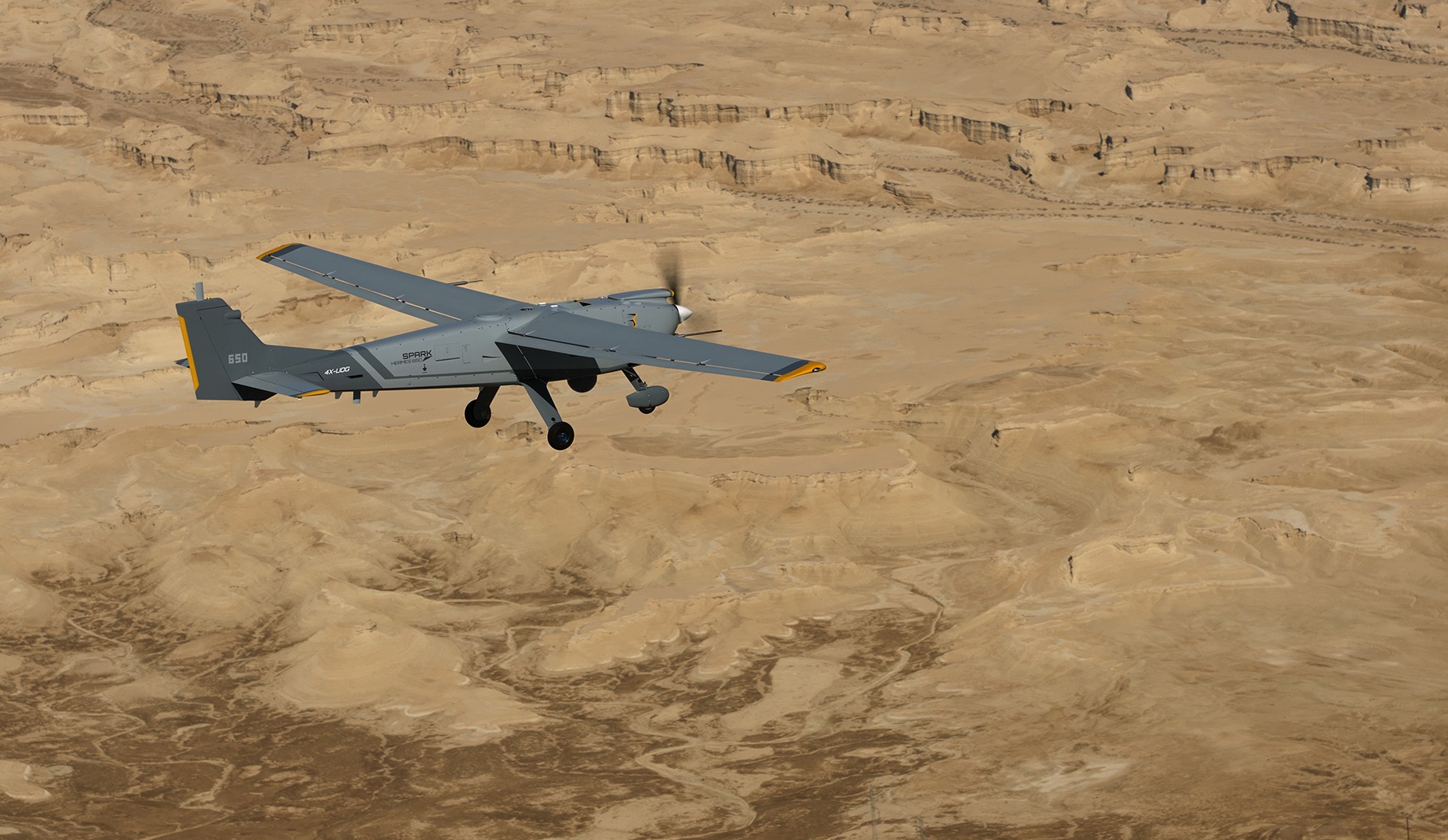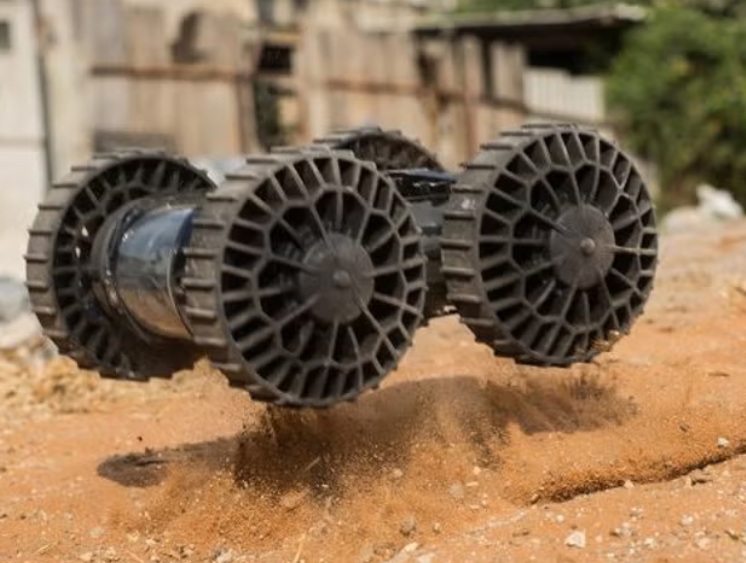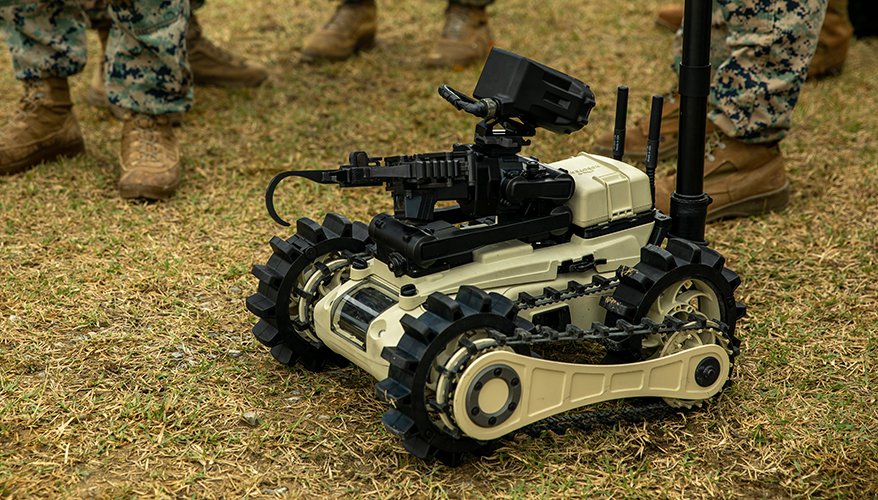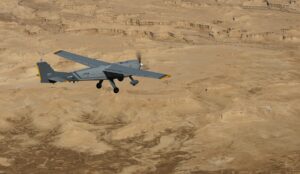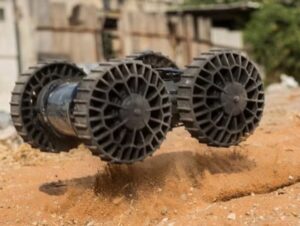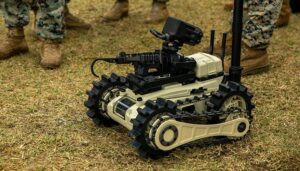Israel and Turkey both possess formidable military forces, but they differ significantly in size, structure, and strategic orientation.
By Hezy Laing
Turkey is increasingly seen as a rising strategic threat to Israel, driven by its expanding military footprint in Syria and aggressive regional posture.
Ankara now controls over 8,000 square kilometers of Syrian territory, including zones near Israel’s border, and is negotiating a formal defense pact with Syria’s new Islamist-oriented government that could include permanent Turkish air bases.
Turkish drones and air-defense systems deployed in Syria may restrict Israeli air operations, particularly against Iranian targets.
Meanwhile President Recep Tayyip Erdogan has escalated his rhetoric, calling for the “destruction upon Zionist Israel,” comparing Prime Minister Benjamin Netanyahu to Hitler, and threatening military action similar to Turkey’s interventions in Libya and Karabakh.
Erdogan is also positioning himself as a pan-Islamic leader, urging Muslim nations to mobilize against Israel.
Israeli intelligence reports that senior Hamas figures, including Saleh al-Arouri, are operating from Istanbul and may be expanding into Turkish-occupied Northern Cyprus, raising concerns about proxy warfare.
Turkey’s defense industry, led by Baykar, is developing ballistic missiles with ranges up to 2,000 kilometers and has surpassed U.S. and Israeli drone exports with platforms like the Bayraktar TB2.
The Nagel Committee recommends increasing Israel’s defense budget by NIS 15 billion annually, as Israeli defense analysts now rank Turkey as a more immediate threat than Iran.
So it’s worth checking out how the two countries would manage if they faced off against each other.
Israel and Turkey both possess formidable military forces, but they differ significantly in size, structure, and strategic orientation.
According to the 2025 Global Firepower Index, Turkey ranks 9th globally with a PowerIndex score of 0.1902, while Israel ranks 15th with a score of 0.2661 (lower is better).
Turkey’s military strength lies in its sheer scale. It has over 775,000 active and reserve personnel, supported by a large inventory of tanks, artillery, and aircraft.
As a NATO member, Turkey benefits from alliance interoperability and access to Western defense technologies.
Its air force includes over 200 combat aircraft, and its navy operates a mix of frigates, submarines, and amphibious vessels.
Turkey also maintains a robust domestic defense industry, producing drones like the Bayraktar TB2 and developing its own fifth-generation fighter, the TF-X.
Israel, while smaller in manpower—around 170,000 active troops and 465,000 reservists—compensates with technological superiority and battlefield experience.
The IDF is known for its elite units such as Sayeret Matkal and Shayetet 13, and it fields advanced systems like the F-35I Adir, Iron Dome, and the new Iron Beam laser defense.
Israel’s cyber warfare, electronic warfare, and intelligence capabilities are among the most advanced globally.
The IDF also benefits from close strategic ties with the United States, including joint training and weapons development.
In a conventional matchup, Turkey’s numerical advantage would be significant.
However, Israel’s precision strike capabilities, air superiority, and layered defense systems give it a qualitative edge.
Ultimately, each country’s military is tailored to its strategic needs—Turkey for regional influence and border security, Israel for rapid response and deterrence against existential threats.


